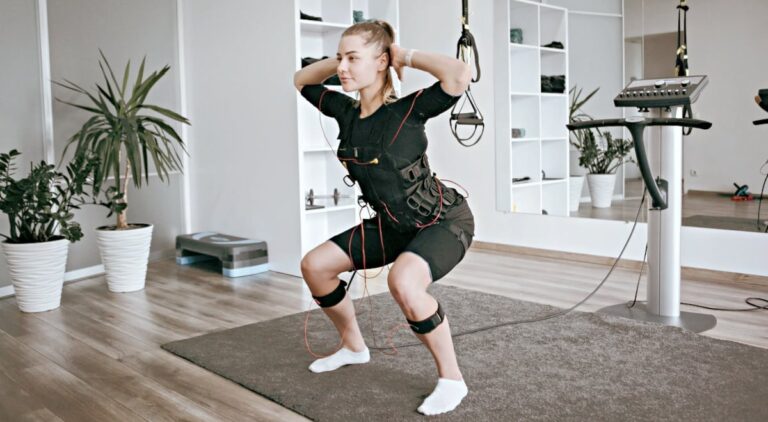Decompressing your spine while sleeping is not only crucial for a healthy back but also enhances overall well-being. A relaxed spine during sleep can prevent back pain and improve posture. This blog post delves into practical tips for achieving spinal relaxation at night. We aim to guide you through various strategies, from selecting the right mattress to adopting proper sleeping postures, ensuring a restful and rejuvenating sleep experience. Understanding the importance of spinal health is the first step towards a pain-free back and an improved quality of life.
Importance of Spinal Health
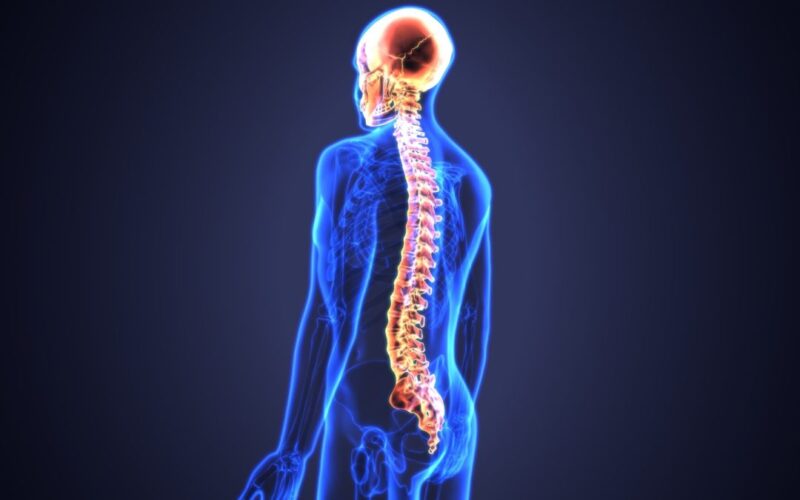
Maintaining a healthy spine is key to living a pain-free and active life. The spine’s health is essential for flexibility, movement, and supporting the body’s weight. Neglecting spinal care can lead to various discomforts, from minor aches to severe chronic conditions. This section explores the critical nature of spinal health, emphasizing its role in overall physical wellness. We’ll look at how poor spinal health impacts daily activities and can lead to long-term issues. Understanding these risks underscores the importance of taking proactive steps in caring for your spine, especially during sleep.
Stretching Before Bed
Gentle stretching exercises before bed can prepare your spine for a restful sleep. Stretching helps relieve tension, improves flexibility, and sets the stage for a night of comfortable sleep. This section suggests a few easy-to-follow stretching exercises designed to relax your back muscles and spine. We’ll also emphasize the importance of relaxation techniques, like deep breathing or meditation, as part of your pre-sleep routine. Integrating these practices into your nightly routine can significantly impact your spinal health and overall sleep quality. Visit restequation.com for more valuable info regarding sleep.
Choosing the Right Mattress
The mattress you sleep on significantly influences spinal health. A suitable mattress supports the natural curvature of your spine and ensures proper alignment. Factors like mattress firmness, material, and support for different sleep positions play a crucial role in spinal decompression. This section will guide you through selecting a mattress that caters to your specific needs, ensuring both comfort and spinal support. Whether you’re a side sleeper, back sleeper, or have specific back issues, understanding these factors will help you make an informed decision that contributes to a healthier spine and a better night’s sleep.
Pillow Selection
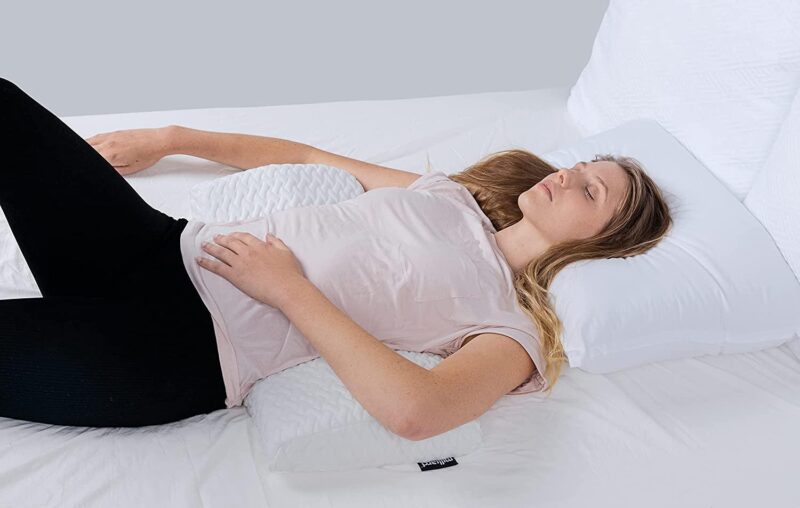
Selecting the right pillow is as crucial as choosing a mattress for spinal health. A good pillow aligns your head and neck with your spine, preventing strain and discomfort. This section will provide insights into choosing the appropriate pillow based on your sleeping position and personal preferences. Whether you prefer a firm or a soft pillow, understanding how it impacts your spinal alignment is vital. We’ll explore various types of pillows, including those designed for specific needs like neck support or allergy prevention, ensuring you find the perfect pillow for a restful night and a pain-free morning.
Sleeping Positions
Your sleeping position significantly impacts your spinal health. Some positions can alleviate back pain, while others might exacerbate it. This section discusses the impact of various sleeping positions on the spine. We’ll offer advice on the best positions for spinal decompression and how to modify common sleeping positions to reduce back strain. Whether you’re a side, back, or stomach sleeper, understanding the pros and cons of each position will help you make adjustments for a healthier spine. We’ll also touch on the importance of movement and adjustments throughout the night for optimal spinal care.
Proper Sleep Posture
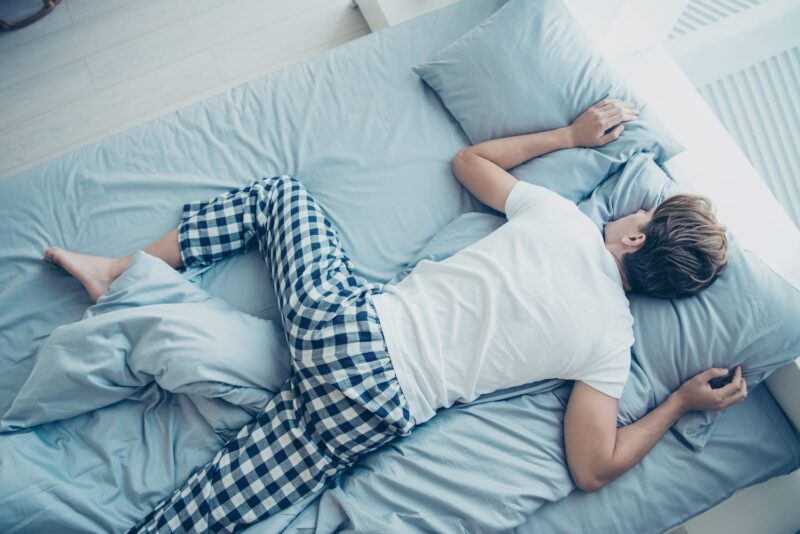
Maintaining a good sleep posture is essential for spinal health. Proper posture during sleep helps keep the spine aligned and reduces the risk of back pain. This section offers tips on maintaining proper alignment throughout the night. We’ll discuss the role of body positioning, pillow placement, and mattress selection in supporting a healthy sleep posture. Whether you deal with specific back issues or want to prevent future problems, understanding how to maintain a good sleeping posture will be beneficial.
Using Lumbar Support
Lumbar support is crucial for maintaining spinal curvature and preventing lower back pain. This section introduces the concept of lumbar support in relation to spine health during sleep. We will recommend various options for adding lumbar support to your sleep environment, such as specialized pillows or mattress enhancements. Whether you’re dealing with lower back pain or looking to prevent it, understanding how lumbar support works and how to effectively incorporate it into your sleep setup can be a game changer for your spinal health.
Sleeping Aids and Devices
Specialized sleeping aids and devices like orthopedic pillows and mattress toppers can significantly assist in spine decompression. This section discusses these products and their roles in supporting spinal health. We’ll explore various options, from ergonomic pillows designed for specific sleeping positions to mattress toppers that add an extra layer of support. Understanding how these aids can enhance your sleep experience and contribute to a healthier spine is essential for anyone looking to improve their sleep quality and spinal health.
Sleeping Habits and Routines
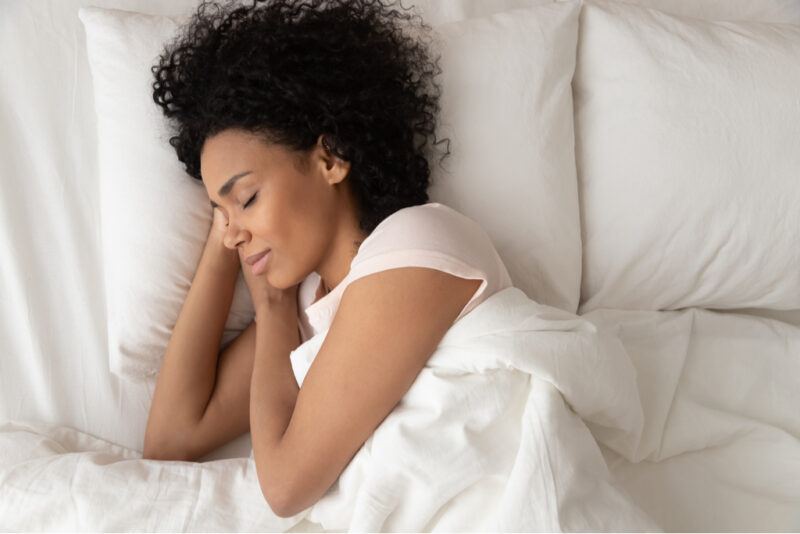
Consistent sleep habits play a significant role in maintaining spinal health. A regular sleep routine helps your body anticipate and prepare for rest, contributing to better sleep quality and spinal care. This section provides tips on establishing a healthy sleep routine. We’ll discuss the importance of a consistent sleep schedule, a relaxing pre-sleep ritual, and an environment conducive to restful sleep. Implementing these habits can make a considerable difference in your spinal health and overall well-being.
Seeking Professional Advice
If you have chronic spine issues, consulting with a healthcare professional is crucial. This section encourages readers to seek expert guidance when needed. We’ll explain the signs indicating that professional advice is necessary and the benefits of consulting a specialist. Whether you’re experiencing persistent back pain or have specific spinal conditions, getting professional advice can provide tailored solutions and peace of mind.
Conclusion
This blog post has covered various aspects of decompressing your spine while sleeping. We’ve explored the importance of spinal health, the role of mattresses and pillows, effective sleeping positions, and the benefits of proper sleep habits. Prioritizing spinal health during sleep is essential for a pain-free life. We encourage you to implement these tips for a more relaxing and spine-friendly night’s sleep. Embrace these practices, and you’ll be well on your way to better spinal health and overall wellness.
Related Posts:
- Moving Organization Guide: How to Organize Your Move…
- How to Apologize to Your Girlfriend and Strengthen…
- How to Plan a Team Building Event That Engages and…
- When Can You See the Northern Lights in Norway ─ A…
- Expat Guide To London Nightlife: Best Clubs & Party…
- How Long After You Create A Shipping Label Do You…



